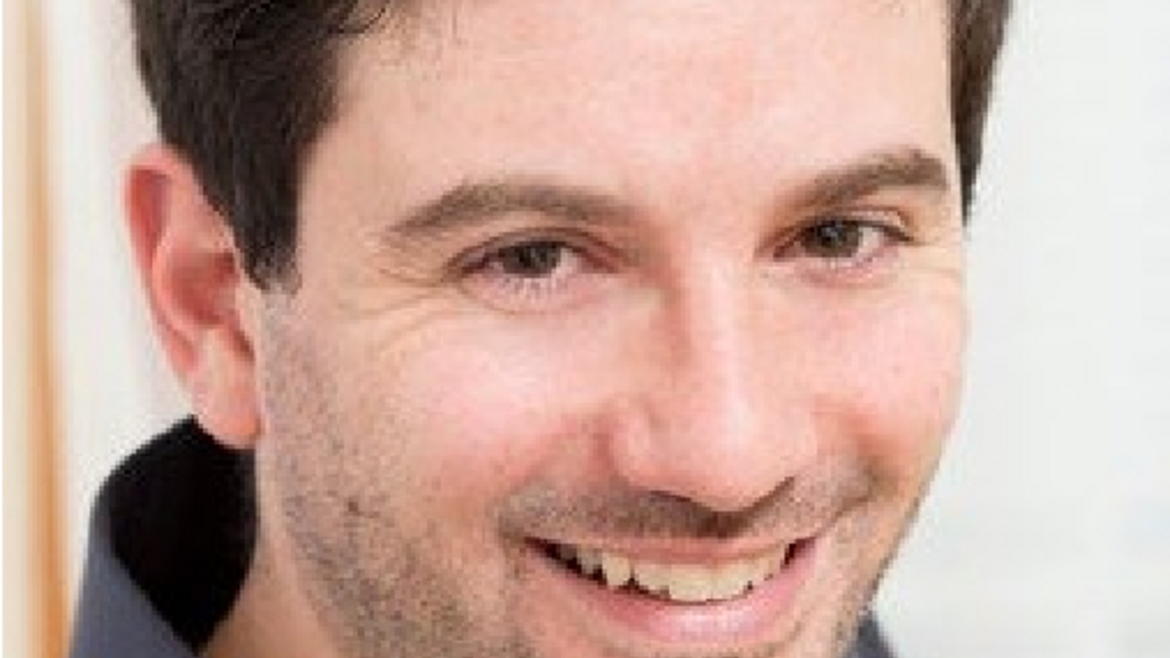Colloquium: Giuseppe Romano

Understanding non-diffusive thermal transport in complex nanostructures via ab-initio multiscale modeling
Giuseppe Romano, Ph.D.
Research Scientist
Mathematics Department and Mechanical Engineering Department
Massachusetts Institute of Technology
While Fourier’s law has been the cornerstone to thermal applications since its discovery in 1822, recent measurements of thermal conductivity in nanostructures challenged the theory behind heat diffusion. Theoretical and numerical analysis show that non-diffusive heat flow occurs when the characteristic length of a material becomes comparable to the mean free path (MFP) of heat carriers, i.e. phonons. Although this phenomenon, commonly known as “phonon size effects,” results generally in thermal transport degradation, it turns out to be beneficial to low-thermal conductivity applications, such as thermoelectrics. In particular, semiconducting nanostructures are promising for efficient thermal energy conversion in that they have low thermal conductivity and good electrical properties. Among practical nanostructures, porous materials offer a remarkably high tunability in thermal conductivities thanks to the several configurations given by pores location and shape. By using a recently developed model based on density functional theory and Boltzmann transport equation, we investigate phonon size effects in porous Si, focusing on three aspects. First, we calculate the effect of ballistic phonons (i.e. with long MFP) on diffusive phonons, obtaining a significant deviation from Fourier’s law. Then, we develop two scale-and material-independent models for thermal suppression, enabling high-throughput calculations of size effects in complex geometries. Finally, after validating the model against experiments, we optimize the material geometry in order to minimize the thermal conductivity.
G. Romano is a research scientist at MIT, holding a joint appointment at the Mathematics Department and Mechanical Engineering Department, while working with Prof. Stephen Johnson and Prof. Alexie Kolpak. He is currently investigating multiscale thermal transport in nanostructured materials, aiming at understanding non-diffusive transport in complex geometries and engineering thermoelectric materials. The code behind his research, OpenBTE, will soon be released as an open source software. He obtained his PhD in 2010 at the University of Rome Tor Vergata, and in 2008 he co-founded TiberLAB, an academic start-up focusing on the development of multiscale/multiphysics TCAD of electronic devices. He also worked in piezoelectric nano-generators and molecular devices, co-authoring more than 40 publications in peer-reviewed journals and conference proceedings.